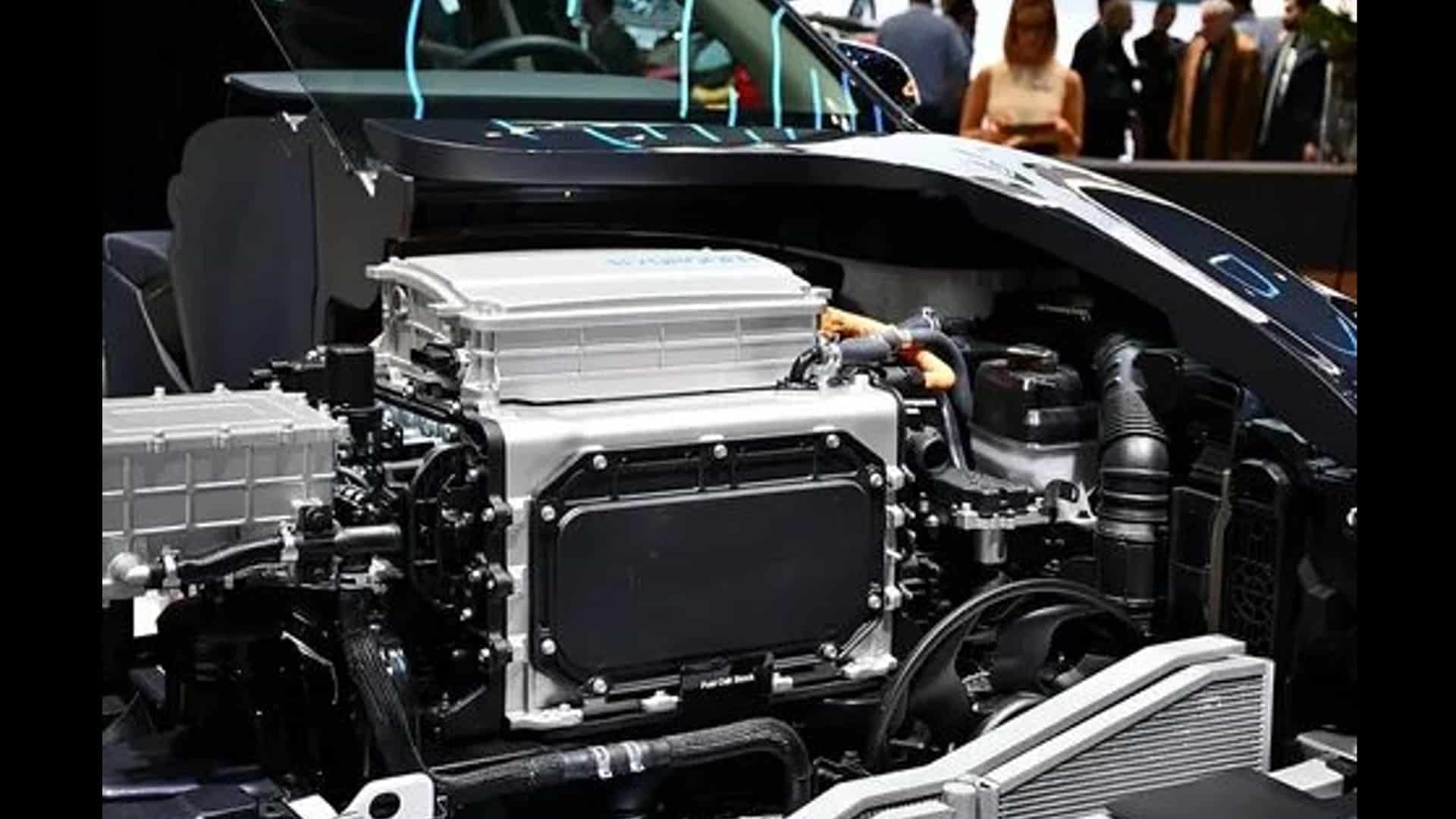The Rise of Fuel Cell Vehicles: Driving Towards a Cleaner Future
Key Ideas
- Fuel cell vehicles (FCVs) are gaining traction globally due to their zero-emission nature and advantages like faster refueling and longer range, making them suitable for various transportation sectors.
- Policy frameworks and government incentives are pivotal in accelerating FCV adoption, with countries like Japan, South Korea, Germany, and the United States leading the way in promoting hydrogen infrastructure.
- Commercial fleets, including buses, delivery vans, and long-haul trucks, are increasingly interested in FCVs, with companies like Toyota, Hyundai, and Nikola investing in developing fuel cell trucks.
- The future of FCVs hinges on collaboration, government support, and technological advancements, with ongoing innovations in hydrogen storage, fuel cell efficiency, and infrastructure development paving the way for mainstream adoption.
As the world grapples with the challenges of climate change, the transportation sector is undergoing a significant transformation. While electric vehicles (EVs) have gained prominence, fuel cell vehicles (FCVs) powered by hydrogen are emerging as a viable and sustainable alternative. The article discusses the remarkable growth of the fuel cell market, driven by investments from automakers, governments, and energy companies. Companies like Toyota, Hyundai, and Nikola are leading the way in developing FCVs for various applications, including buses, trucks, and maritime vessels.
FCVs offer advantages over traditional lithium-ion battery-powered EVs, such as faster refueling, longer range, and better performance in extreme weather conditions. While battery technology excels in certain areas like range and affordability, FCVs are positioned as ideal for long-distance travel and commercial use.
The importance of policy support is highlighted, with countries like Japan, South Korea, Germany, and the United States implementing national strategies to promote hydrogen infrastructure and FCV deployment. Commercial fleets are increasingly adopting FCVs, with plans to integrate millions of hydrogen vehicles on the roads by 2040.
Looking ahead, collaboration among industries, government initiatives, and technological innovations will drive the mainstream adoption of FCVs. Ongoing developments in hydrogen storage, fuel cell efficiency, and infrastructure are poised to make FCVs a central component of the global transportation network, offering a cleaner and more sustainable future.
